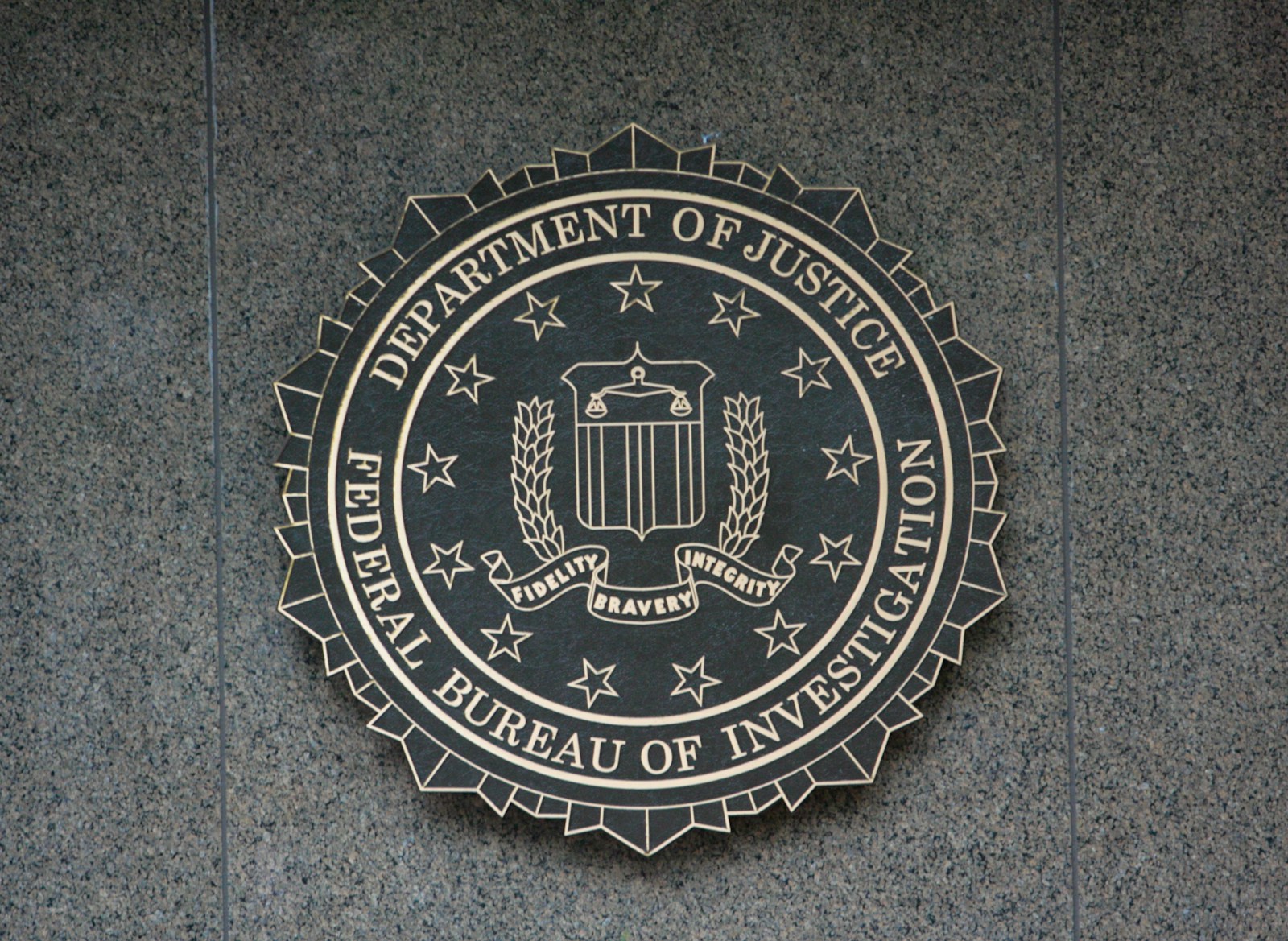Key takeaways
- The new co-deputy director has no federal law enforcement background.
- Critics warn this choice may erode trust in the bureau.
- Analysts feel politics outweigh the needed leadership skills.
Former FBI deputy director Andrew McCabe voiced intense criticism of the Justice Department. He spoke during a CNN interview on The Lead with Jake Tapper. McCabe warned that Missouri Attorney General Andrew Bailey lacks the skills to help lead the bureau. Moreover, he said this move could further damage the FBI’s reputation. In response, he pointed out that Bailey has no experience in federal law enforcement.
Background
President Donald Trump’s Justice Department tapped Andrew Bailey as co-deputy director of the FBI. He will serve alongside former congressman turned radio host Dan Bongino. That choice already raised eyebrows among former agents and experts. They say the bureau needs seasoned law enforcement officials with deep FBI roots. Instead, they see a political figure who may not understand the agency’s complex culture.
As state attorney general, Bailey worked on state-level cases. He chaired a corrections board and served in the General Counsel’s office. However, those roles offered no direct federal investigation work. By contrast, many deputy directors rose through the FBI ranks. They spent decades chasing major federal crimes. Thus, McCabe argued the bureau faces a skills gap at its top.
Why Critics Are Concerned
First, critics warn that the FBI must stay above partisan politics. They say the bureau earned respect through its apolitical stance. However, they fear this new appointment ties the agency too close to political goals. As a result, public trust could drop further. This comes as the bureau already faces tough questions.
Second, Bailey has never led a large federal team. The FBI employs thousands of agents across the country. Running such a complex network requires deep operational knowledge and leadership skills. Meanwhile, Bailey’s record shows no federal field work or counterterrorism experience. Critics say that the gap matters in high-stakes investigations.
Third, some experts point to the bureau’s current challenges. The Justice Department still faces criticism over its handling of high-profile cases like the Epstein files. Tensions already rose after comments by Bongino and a dispute with top Justice officials. Hence, the bureau needs stability rather than political flash.

The Role at the FBI
The deputy director acts as the bureau’s second in command. He oversees daily operations and steps in when the director is away. This role demands strong judgment and deep familiarity with FBI culture. Moreover, the deputy must earn the respect of agents at every level.
Andrew Bailey will share duties with Dan Bongino. As a co-deputy director, Bailey will likely handle administrative tasks. Meanwhile, Bongino may focus on public outreach. However, McCabe noted that neither brings the classic FBI background. For years, deputy directors started as field agents. They learned to run investigations from the ground up.
Therefore, agents trained in counterintelligence, cybercrime, and public corruption may feel uneasy. They expect leaders who know the bureau’s protocols by heart. Transitioning to oversight roles without that history can slow decision-making. McCabe stressed that such gaps can cost lives or ruin cases.
The Broader Impact
This appointment matters beyond the bureau. It sends a message about how leadership roles get filled in federal agencies. When political loyalty outranks expertise, some warn that institutional strength suffers. Consequently, other agencies could face similar shifts.
In Congress, some lawmakers expressed concern. They question whether this move followed merit-based standards. Yet the administration defended the selection as a fresh perspective. They argue that Bailey’s legal background at the state level brings value.
Meanwhile, the public will watch for any signs of bias in major probes. Future investigations into political figures or corporate crimes could face extra scrutiny. Critics worry that political ties might affect judgment calls. If so, the bureau might become a tool rather than a neutral law enforcement agency.
Moreover, international partners track these developments closely. Foreign agencies rely on the FBI for joint terrorism and cyber operations. Trust and shared protocols matter in those high-risk missions. Any hint of politicization can slow cooperation or compromise sensitive data.
What Comes Next
Andrew Bailey now moves from state courtrooms to the FBI’s headquarters. He will need to prove he can adapt to federal work quickly. Observers will watch how he handles threats like cyber attacks and domestic extremism.

Meanwhile, Andrew McCabe and other former officials will likely remain vocal. They plan to highlight each misstep or success story. In turn, this may shape public opinion about careers in law enforcement.
In the coming weeks, the bureau’s internal morale will reveal itself. Agents must adjust to new leadership styles and priorities. If Bailey wins their respect, he could grow into the role. Otherwise, the agency may face further internal friction.
Conclusion
In the end, this appointment reflects the ongoing debate over experience versus loyalty. The FBI stands at a crossroads. It must handle major threats while keeping its reputation intact. Only time will tell if Andrew Bailey can bridge the gap between politics and law enforcement. For now, critics like Andrew McCabe remain on guard, ready to point out every step and misstep in the evolving story of the nation’s premier crime-fighting agency.
View the full interview to learn more about this controversial appointment and the future of the FBI leadership.
